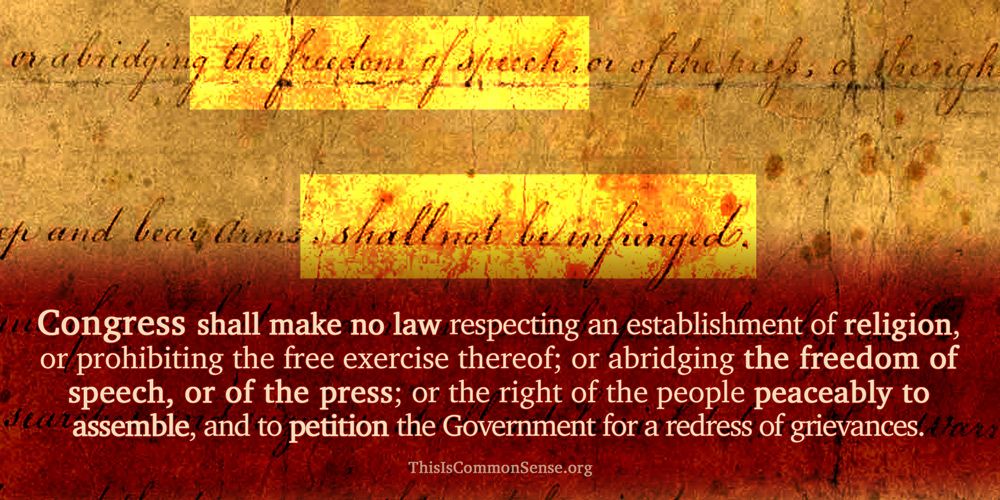The attorneys general of a few states, a few activist groups, and a few congressmen have acted to bring to light a mass of eyewitness and documentary evidence that the federal government has been working hard, behind the scenes, to censor our speech.
The guilty parties have been caught red-handed.
Now that the matter is before the U.S. Supreme Court, reports on oral arguments suggest that not every justice is as acquainted with the point of the Bill of Rights as we’d like.
Its function is to stop government from doing various rights-violating things at will. But Justice Ketanji says: “Your view has the First Amendment hamstringing the government in significant ways in most important
Justice Kagan, chiming in: “I’m really worried
Tyrants worry about having too little flexibility to stomp our speech “in most important time periods,” prevention of which stomping is the very purpose of the First Amendment.
We, for our part, worry about having our
Some of the justices also seem not to grasp that when government officials contact you and ask you to do this and that, no overt threats are necessary for officials to rely on the threat of governmental power.
The bossing is not always subtle, though. Perusing the evidence, Justice Alito says he couldn’t imagine officials “taking that approach to the print media.” The federal speech police treat “Facebook and these other platforms like they’re subordinates.”
Are they?
This is Common Sense. I’m Paul Jacob.
Illustration created with Firefly
—
See all recent commentary
(simplified and organized)

4 replies on “Most Important Time Periods”
Facebook, Google and others (including many in print media) are not ‘subordinates’. They are willing partners. Many in government and media (print, broadcast and social) share the same priorities. They are like-minded and see those with alternative views as unworthy of consideration.
Yes, they are.
Justices Jackson and Kagan spoke as if the state would be unable to present its own message, when instead officials were attempting to prevent those outside the state from presenting theirs.
A new standard of suspending the protections of the Bill of Rights in “important periods” seems still more terrible than suspending those protections in ostensible emergencies.
The government would not treat the press the same way as they have had to protect themselves in the past and are therefore wary of the future.
The problem with the electronic media is that they tend to agree with the present Administration and Deep State and are not yet fully aware that the government will not always be their friend. Maturity and longsightedness are not their strong suits. They will learn, either in the short run or a more painful longer term if the insist on continuing adolescence.